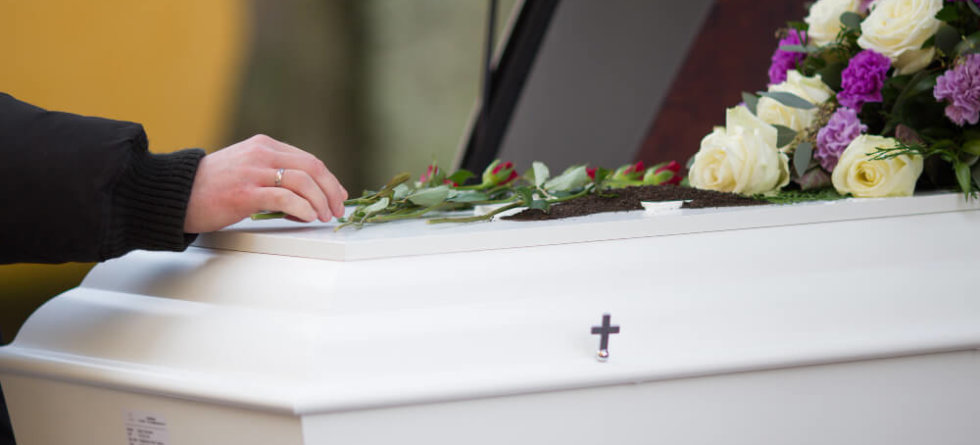In certain circumstances, an inmate may be allowed to attend a funeral. Still, it depends on various factors, including the policies of the correctional facility, the nature of the inmate’s conviction, and the specific conditions of the funeral arrangement. Here are some key points to consider:
- Approval process: Generally, an inmate’s request to attend a funeral must be approved. The correctional facility will assess factors such as the inmate’s behavior, security risks, and the details of the funeral arrangement.
- Eligibility criteria: Facilities may have specific eligibility criteria for an inmate to be considered for a funeral visit. Factors like the relationship to the deceased (e.g., immediate family, close relative), the inmate’s custody level, disciplinary record, and the availability of staff and resources can influence the decision.
- Escort and supervision: If approved, correctional staff will typically accompany the inmate during the funeral visit. The staff will ensure security and compliance with rules and prevent escape attempts or disruptions.
- Conditions and restrictions: There may be conditions and restrictions imposed on the inmate during the funeral visit. For instance, they may be required to wear restraints, have limited contact with others, or adhere to specific behavior guidelines.
- Time limitations: Funeral visits are often time-limited, allowing the inmate to attend the funeral service, pay respects, and participate in appropriate rituals or ceremonies. The duration of the visit will depend on the facility’s policies and the specific circumstances.
Each correctional facility has its policies and procedures regarding inmate attendance at funerals. These policies can vary significantly, so it is crucial to contact the specific facility or the inmate’s case manager to inquire about their specific guidelines and requirements for funeral visits.





